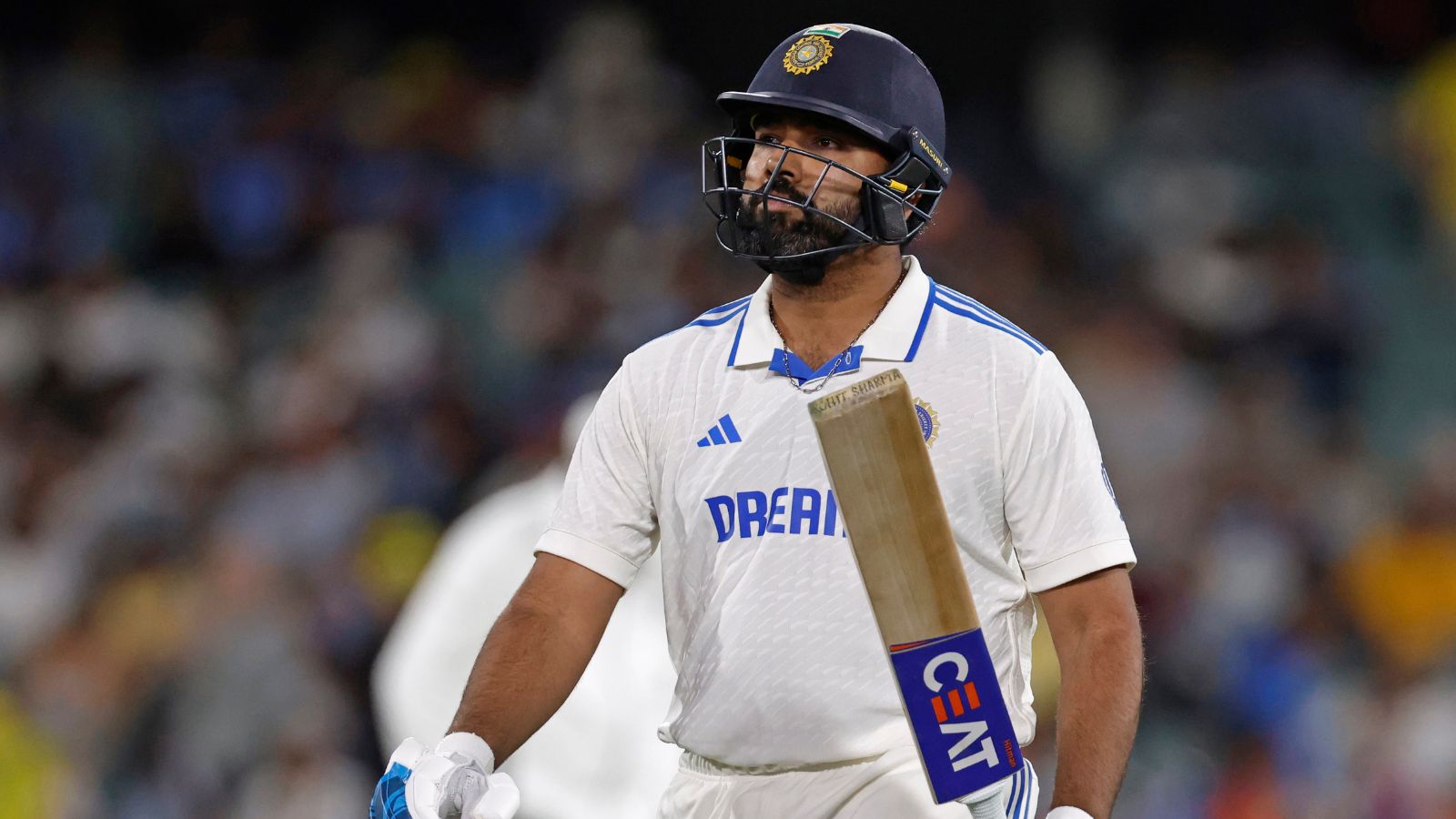 |
|
The recent Border-Gavaskar Trophy series has cast a shadow over Indian captain Rohit Sharma's Test cricket career. His underwhelming performance, averaging a mere 6.50 runs in the series, has fueled intense speculation about his future in the longest format of the game. Former Australian captain Michael Clarke, however, has come to Sharma's defense, arguing that the Indian captain has earned the right to decide when and how he leaves Test cricket. Clarke's statement highlights the complex interplay between performance, captaincy, and player autonomy in the world of professional sports. While Sharma's statistics are undeniably poor, Clarke suggests that the pressures of captaincy and other external factors should be considered before making hasty judgements about his capabilities as a Test cricketer. This perspective challenges the purely performance-based evaluation often applied to athletes, suggesting that context and individual circumstances warrant a more nuanced approach.
The debate surrounding Sharma's future is further complicated by the contrasting performances of the Indian team under different captains. Former Australian captain Aaron Finch pointed out the marked difference in team performance under Jasprit Bumrah's leadership in the first Test compared to the subsequent matches under Rohit Sharma. This observation underscores the significant influence of captaincy on team dynamics and overall performance. While Sharma's batting average is undeniably low, attributing the team's inconsistent performance solely to his captaincy might be an oversimplification. The fluctuating form of other key players and the inherent unpredictability of international cricket further complicate this analysis. Therefore, a comprehensive assessment of Sharma's captaincy requires a deeper examination beyond mere statistical analysis and should include factors such as team cohesion, strategic decision-making, and the overall impact on player morale.
Virat Kohli, another prominent Indian player, also faced criticism during the series for his repeated dismissals outside the off-stump. This shared experience of scrutiny amongst leading players highlights the intense pressure inherent in high-stakes international cricket. The scrutiny faced by both Sharma and Kohli underscores the unforgiving nature of the sport and the constant pressure to deliver under immense public and media attention. While individual performance is a vital component of success, attributing all shortcomings solely to individual players ignores the complexities of team dynamics and the crucial role of external factors such as match conditions, opponent strategies, and team support systems. Therefore, a balanced analysis requires considering these factors alongside individual performances to offer a more comprehensive understanding of the overall team's struggles in the Border-Gavaskar Trophy.
Beyond the immediate performance concerns, Sharma's recent personal life events, including the birth of his second child, add another layer to the discussion. Clarke acknowledged these factors, suggesting that personal circumstances can significantly impact an athlete's performance and decision-making. This perspective humanizes the athletes, recognizing that they are not merely statistics or performance metrics, but also individuals with personal lives and experiences that shape their choices and actions. The inclusion of such personal contexts challenges the purely results-oriented approach often taken in assessing professional athletes' careers. A holistic perspective must account for personal circumstances and their potential influence on performance and decisions.
The debate surrounding Rohit Sharma's future in Test cricket extends beyond the immediate implications for the Indian team. It prompts a broader discussion about the expectations placed upon elite athletes, the balance between individual performance and team success, and the pressures of captaincy. The opinions of former cricketers like Michael Clarke and Aaron Finch offer valuable insights into the complexities of the situation, highlighting the need for a more nuanced and holistic approach when assessing athletes' performance and career trajectories. The debate also underscores the human element in sports, emphasizing the importance of understanding the broader context surrounding individual achievements and challenges.
Source: ‘Rohit Sharma has earned right to walk away from Test cricket ‘on his own terms’: Michael Clarke
